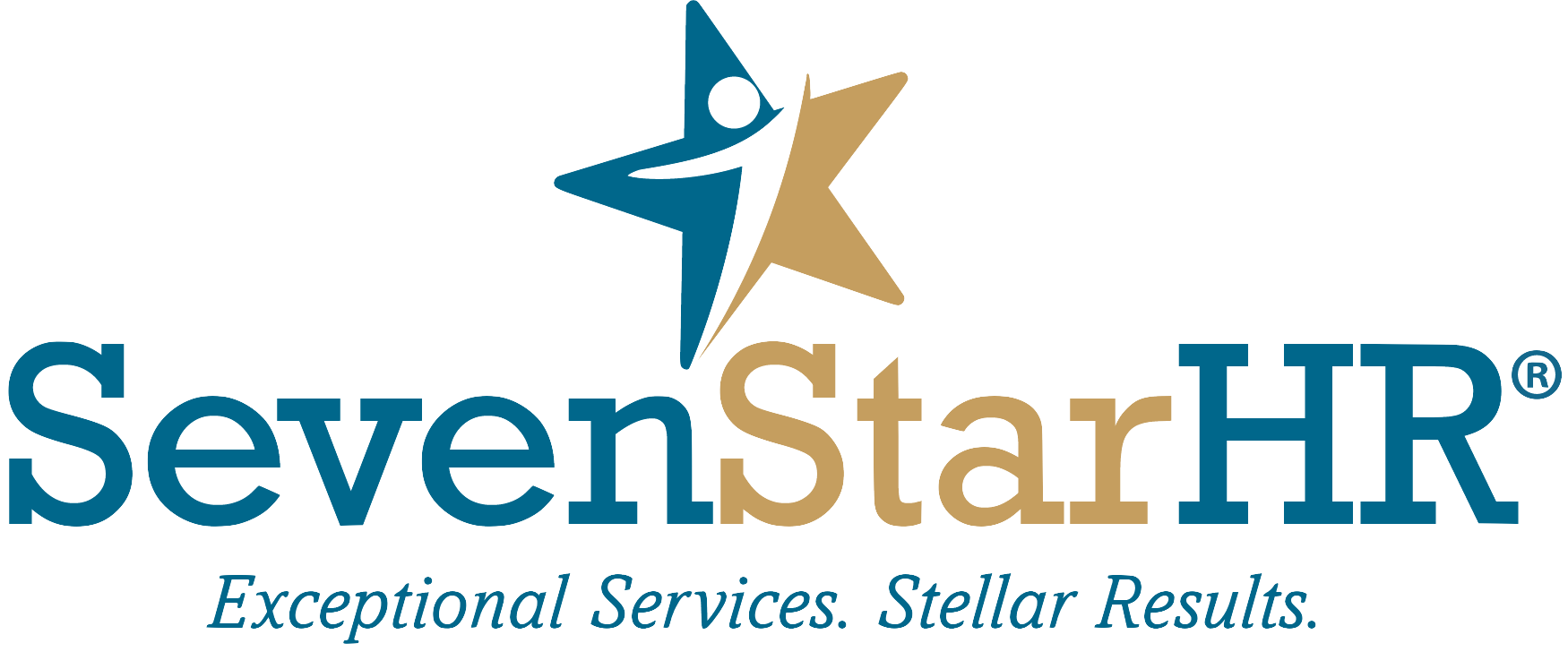Leading the Way: Adapting Leadership Styles for a Gen Z Workforce
According to Glassdoor’s 2024 Workplace Trends report, Gen Z are set to outnumber Baby Boomers in the workplace this year. With this in mind, it's crucial to update leadership styles to cultivate a collaborative and thriving environment for the younger workforce.
In this article, we'll explore the advantages of adjusting leadership styles for the youngest generations and offer practical tips for HR professionals to lead the way.
Understanding Gen Z
Before we go any further, let's take a moment to understand Gen Z. Born between the mid-1990s and early 2010s, these digital natives bring a new perspective to the workplace. They crave authenticity, value diversity, and prioritize work-life balance. Traditional hierarchical structures might not resonate with them, making it necessary for leaders to reassess their approaches.
Benefits of Modifying Leadership Styles
Fostering an environment that fuels creativity and innovation is key for Gen Z's success. By adopting a more open leadership style, seasoned leaders can unlock the diverse ideas and perspectives of Gen Z, cultivating a culture of continuous improvement.
Furthermore, a compassionate and empathetic leadership approach significantly enhances employee engagement. Gen Z places immense value on meaningful work and a positive workplace culture, making leaders who prioritize well-being and provide constructive feedback instrumental in boosting engagement levels.
Additionally, seamless collaboration works best with Gen Z, who value teamwork and connectivity. Leaders embracing an inclusive and collaborative approach will effortlessly build robust, cross-functional teams, fostering a sense of community where every team member feels acknowledged and valued.
Actionable Tips for HR Professionals:
Embrace Technology: Gen Z is no stranger to technology, and incorporating digital tools into the workplace can streamline processes and enhance communication. Invest in user-friendly platforms for collaboration and ensure that communication channels are open and accessible.
Provide Regular Feedback: Traditional annual reviews likely won’t resonate with Gen Z. Instead, opt for regular check-ins and feedback sessions. Constructive criticism helps them grow, while positive reinforcement fuels motivation.
Foster a Culture of Inclusivity: Prioritize diversity and inclusion initiatives within the organization. Create safe spaces for open discussions, where different perspectives are not only welcome but celebrated. This promotes a culture where everyone feels valued.
Balance Flexibility and Structure: Gen Z values flexibility but also appreciates structure. Finding the right balance between a flexible work environment and clear expectations will contribute to a more motivated and focused workforce.
As we stand on the brink of a generational shift in the workforce, adjusting leadership styles is not just a choice but a necessity; we must create an environment in which Gen Z thrives.

